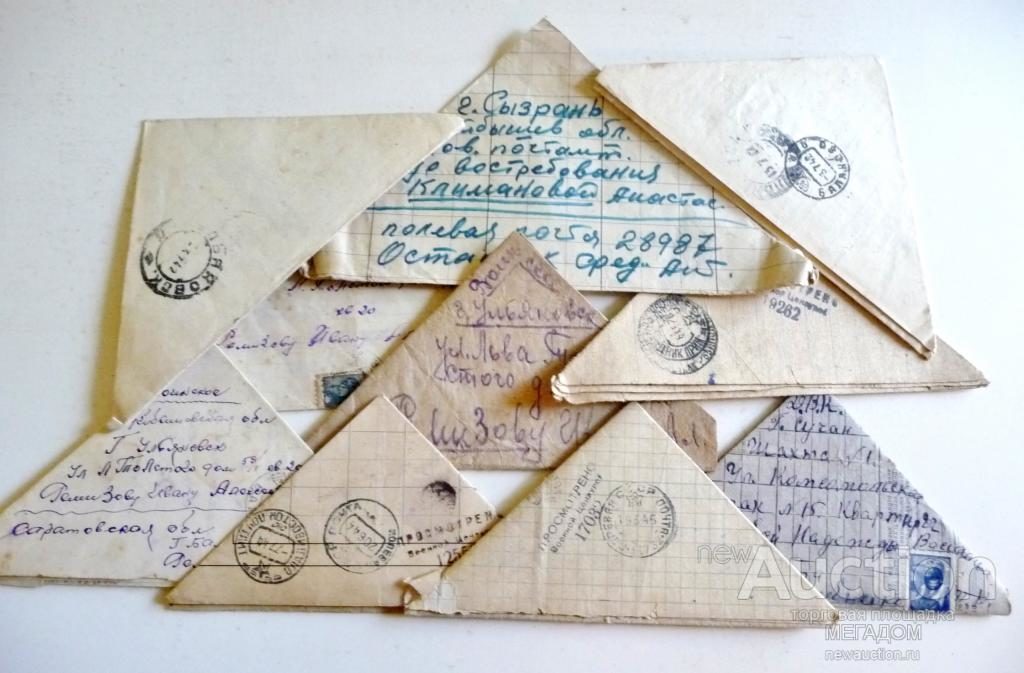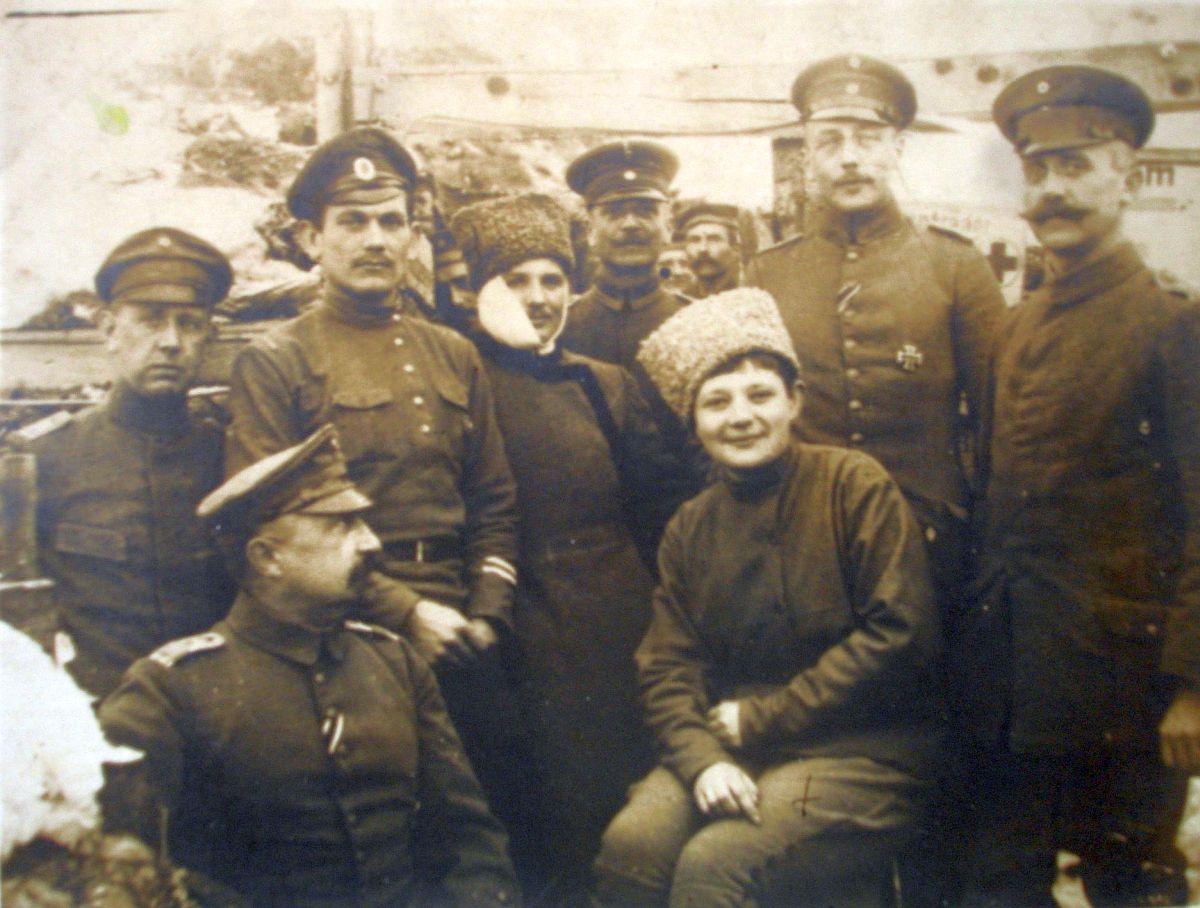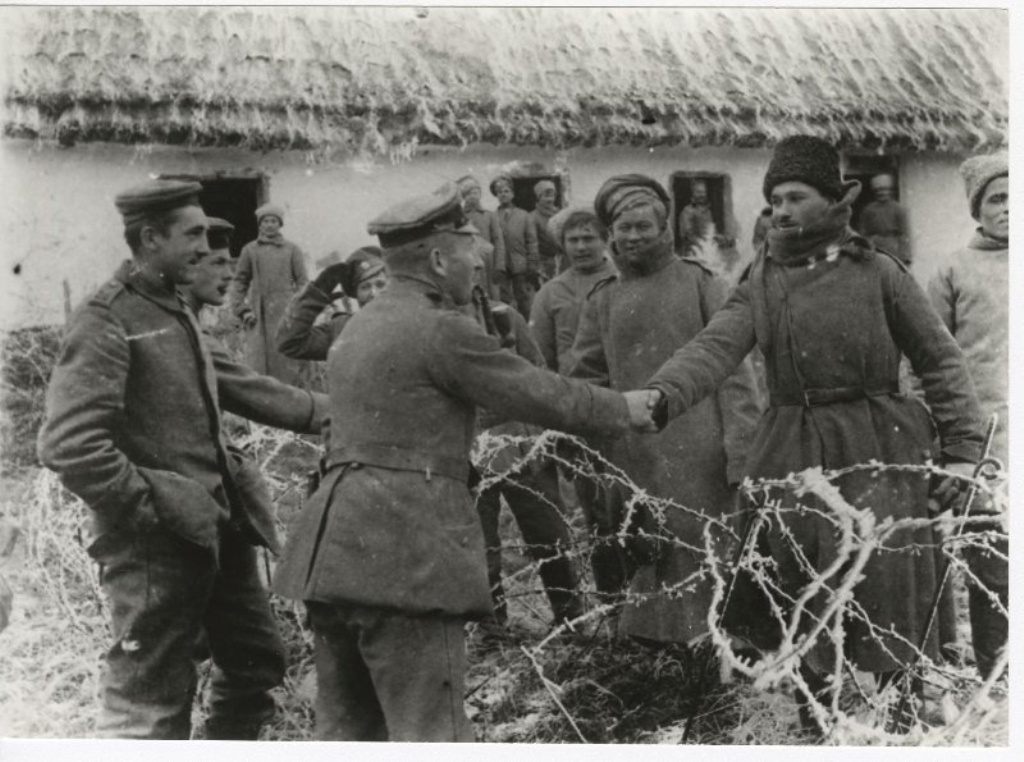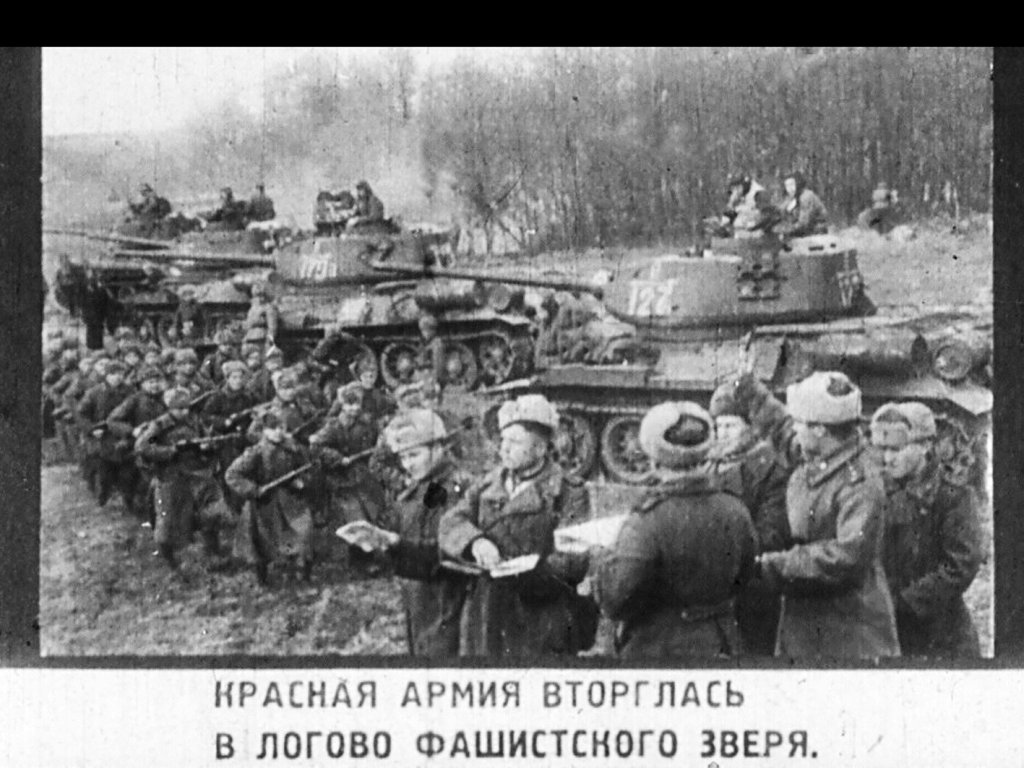There are a few important things to remember about unofficial punishments in the Red Army:
Firstly, the Soviet Union was a much more accepting society of casual violence. Parents hit kids. Friends wold get drunk, get into fist fights and be friends the next day. Cuffing an inferior as a warning or punishment was normal. People expected and excepted getting physically hurt as a form of punishment.
Secondly, the official punishments for many actions were extremely severe. If the soldier who had been collecting German leaflets had been actually tried and convicted in an official court martial he may well have been sent to gulag, punishment battalion or even shot as he would have been charged with some form of anti-Soviet crime. Being hit with a belt was way, way better than an official trial. By hitting him with a belt the officer was effectively treating him as a naughty child rather than an adult knowingly undertaking anti-Soviet propaganda. By punishing him as a child the officer may have been making a statement about his culpability.
Finally, by punishing him quickly and personally the officer is actually building trust and cohesion in the unit. The soldier has been punished, therefore justice has occurred, but it was done in such a way that the soldier is back on the front lines very quickly without his record being tarnished by official accusations (in the Stalinist USSR to be even accused of counter-revolutionary action could be a serious problem). All of his fellow soldiers would have recognised this and respect for the officer would have been increased: he deals with things himself but he also looks out for his own.
The nature of the punishment may even have been a deliberate statement to the soldier - you are acting like a stupid child rather than a responsible adult, with the subtext of what might happen if he were to be treated as a responsible adult hanging over him.
Firstly, the Soviet Union was a much more accepting society of casual violence. Parents hit kids. Friends wold get drunk, get into fist fights and be friends the next day. Cuffing an inferior as a warning or punishment was normal. People expected and excepted getting physically hurt as a form of punishment.
Secondly, the official punishments for many actions were extremely severe. If the soldier who had been collecting German leaflets had been actually tried and convicted in an official court martial he may well have been sent to gulag, punishment battalion or even shot as he would have been charged with some form of anti-Soviet crime. Being hit with a belt was way, way better than an official trial. By hitting him with a belt the officer was effectively treating him as a naughty child rather than an adult knowingly undertaking anti-Soviet propaganda. By punishing him as a child the officer may have been making a statement about his culpability.
Finally, by punishing him quickly and personally the officer is actually building trust and cohesion in the unit. The soldier has been punished, therefore justice has occurred, but it was done in such a way that the soldier is back on the front lines very quickly without his record being tarnished by official accusations (in the Stalinist USSR to be even accused of counter-revolutionary action could be a serious problem). All of his fellow soldiers would have recognised this and respect for the officer would have been increased: he deals with things himself but he also looks out for his own.
The nature of the punishment may even have been a deliberate statement to the soldier - you are acting like a stupid child rather than a responsible adult, with the subtext of what might happen if he were to be treated as a responsible adult hanging over him.
- 2






















